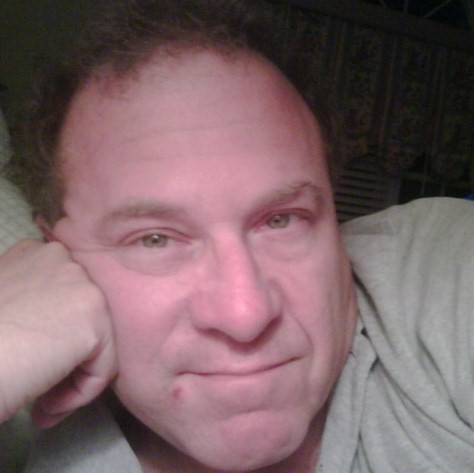Broadcast 5/28/2010 at 12:10 PM EDT (174 Listens, 136 Downloads, 2460 Itunes)
Rob Kall Futurehealth Radio Show Podcast
| Copyright © FutureHealth Administrator, All Rights Reserved. Do not duplicate or post on youtube or other sites without express permission. Creative commons permissions for this site do not apply to audio content or transcripts of audio content. | ||||
I am  a neuropsychologist and have written and taught extensively about the essential inner skills of personal well-being, psychological growth, and contemplative practice as well as about relationships, family life, and raising children.
I grew up in a loving and stable family, mainly in the suburbs of Los Angeles; my mother was a homemaker and my father was a zoologist. A shy and bookish kid who loved the outdoors, I entered UCLA at 16 and graduated summa cum laude in 1974 (and was honored to be one of four "outstanding seniors" chosen by the UCLA Alumni Association). Over the next several years, I founded a successful seminar company, worked for a mathematician doing probabilistic risk analyses for things like the odds of a nuclear power plant melting down, and did management consulting. After fulfilling the course requirements for a Masters in developmental psychology at San Francisco State University, I received a Ph.D. in clinical psychology from the Wright Institute in 1991, with a dissertation titled, "Gratifying control: Mothers offering alternatives to toddlers."
My clinical practice includes adults, couples, families, and children, as well as psychological assessments of children and adults related to temperament, school performance, and educational and vocational planning. I have worked as a school psychologist for several independent schools, and have given many talks to meetings of parents or child development specialists. For many years, I served on the Board of FamilyWorks, a family resource agency in Marin County, California, and chaired it  for two years. I currently serve as a Trustee of Saybrook University.
The rest of the bio is here
Notes on the interview:
Definitions of the Brain, mind. As the mind changes, the brain changes-- self directed neural plasticity.
If you want to get good at anything, study the people who are good ait-- hence studying Buddha's precepts. The book attempts to reverse engineer the brain of the Buddha.
Bottom up intention;
Of all contemplative traditions, Buddhism is closest to modern Science. This book re-imagines Buddhism in terms of evolutionary neuroscience.
The nervous system is 600 million years old
Three roles of the nervous system for safety:
-separate the self from the world
-stabilize
-get rewards and avoid threats
Suffering is embedded within each of us.Â
Brain has a negativity bias-- overestimates hazards
First Darts, Second Darts
Discomforts happen. They are first darts. But the mind creates reactions -- second darts-- to those discomforts.Â
The untrained mind is definitely a puppet pulled by a 100 strings that are woven throughout the brain.
Without mindfulness we are their slave.
Sub cortical responses can be faster than the prefrontal cortex, so old ideas of pausing before acting apply-- measure twice, cut once, count to ten...
Engage in self compassion, not self pity.Â
Chronic low-grade stress is a killer.Â
Bottom-up is way to cope with stress-- using quieting exercises and practices that become routine, breathing, mindfulness.
Take in the good, let go of the bad-- Teflon for negative experience, velcro for positive experience.
REmember positive experience memories when having positive experiences and vice versa-- Firing together so they're wiring together.
Embodied cognition, sensory motor
Insula associated with empathy-- tracks what's happening in the body
Wholehearteness definition
Activating the PNS-- Parasympathetic nervous system. Â Rest and Digest
We need both the sympathetic NS and PNS. They balance each other.Â
SNS fight or flight
Becoming a master of the PNS is way cool in the world today.
LOVE
"Hell is other people" Sartre
Two wolves native American story by a woman who was respected by the village, and asked why:
In my heart are two wolves-- one of love, one of hate. It all depends on the one we feed each day.
We have both kinds of wolves in our nervous system-- they were evolutionally put there. We need them both.Â
more notes coming.
Size: 32,342,046 -- 1 hrs, 29 min, 50 sec








